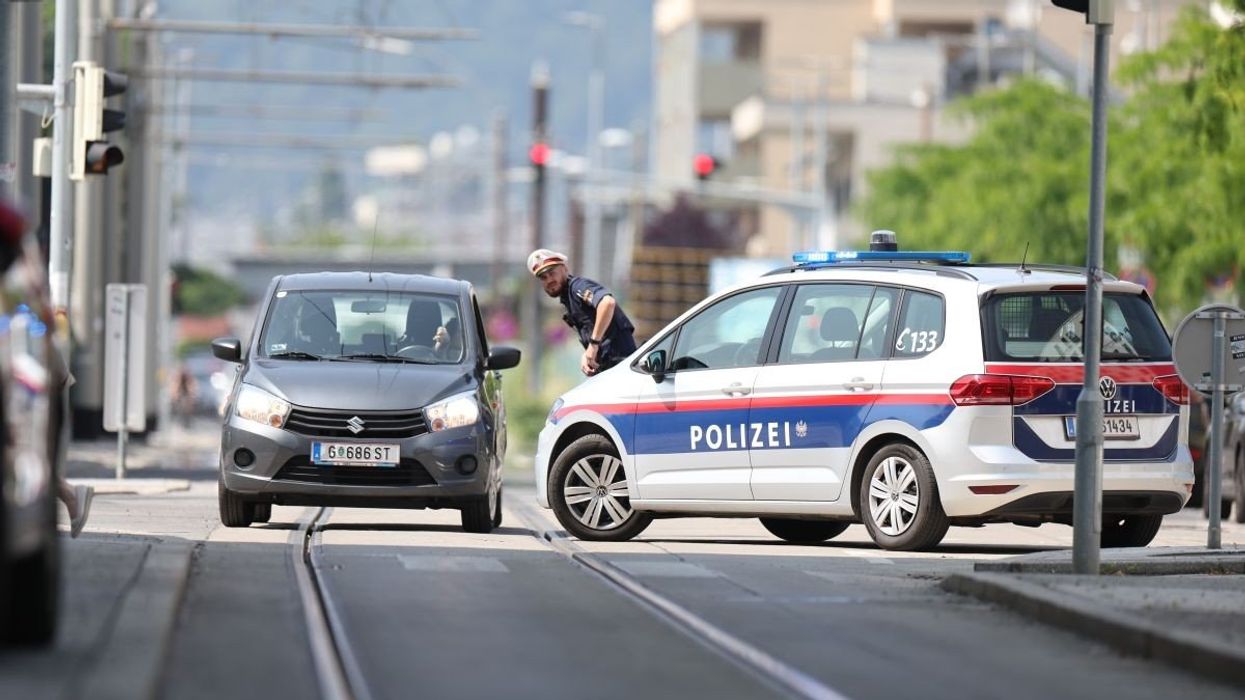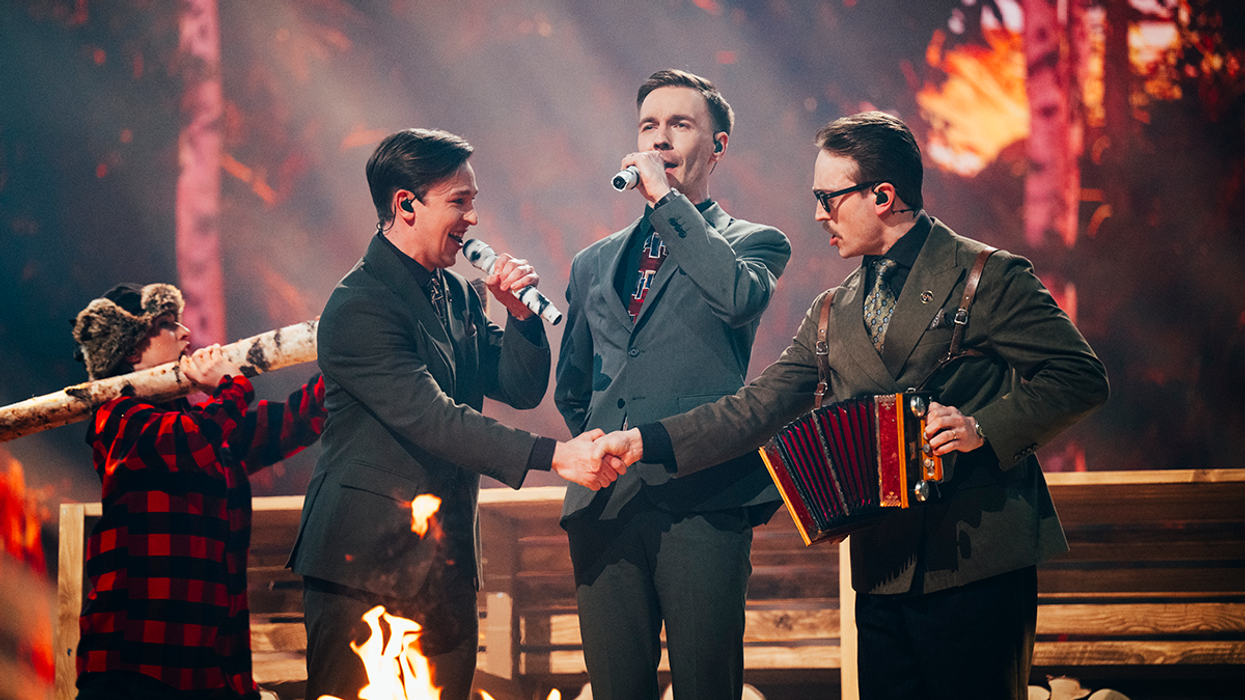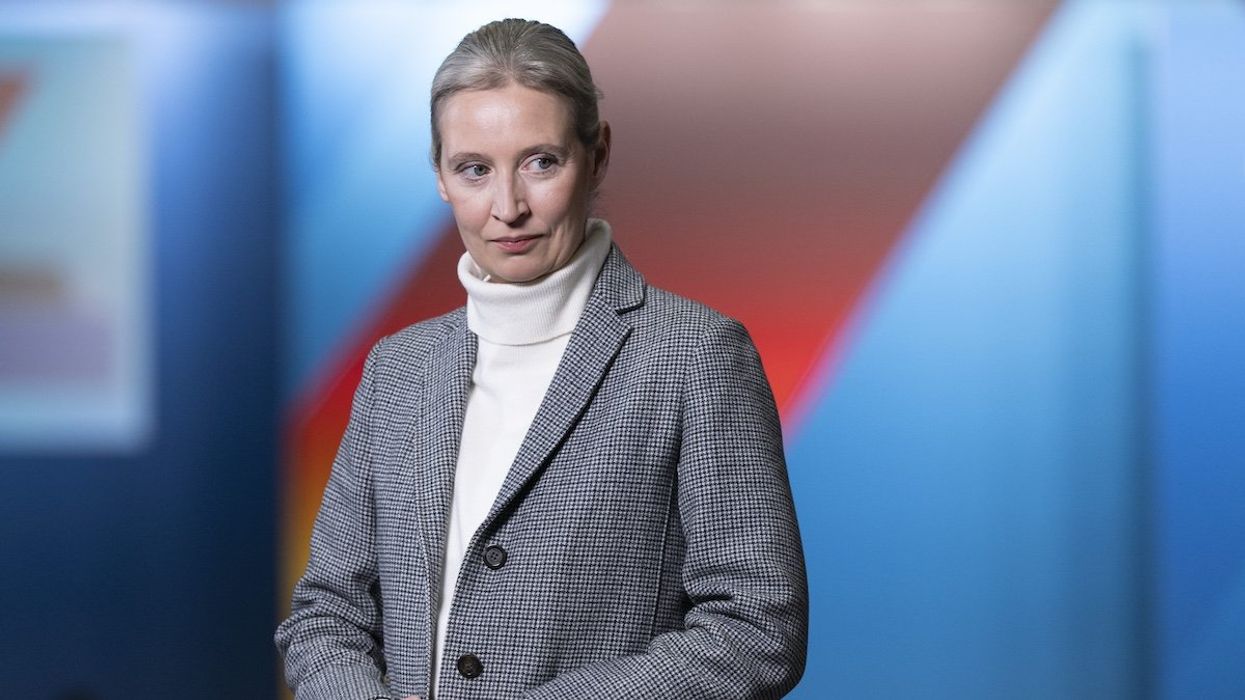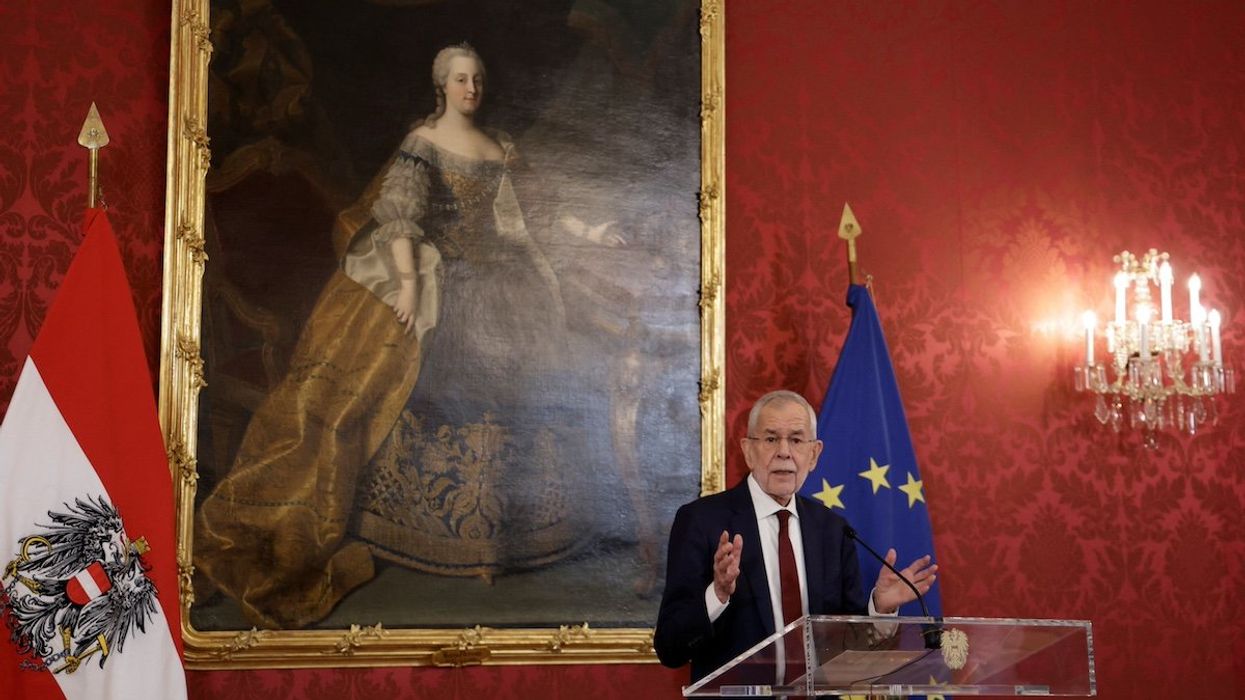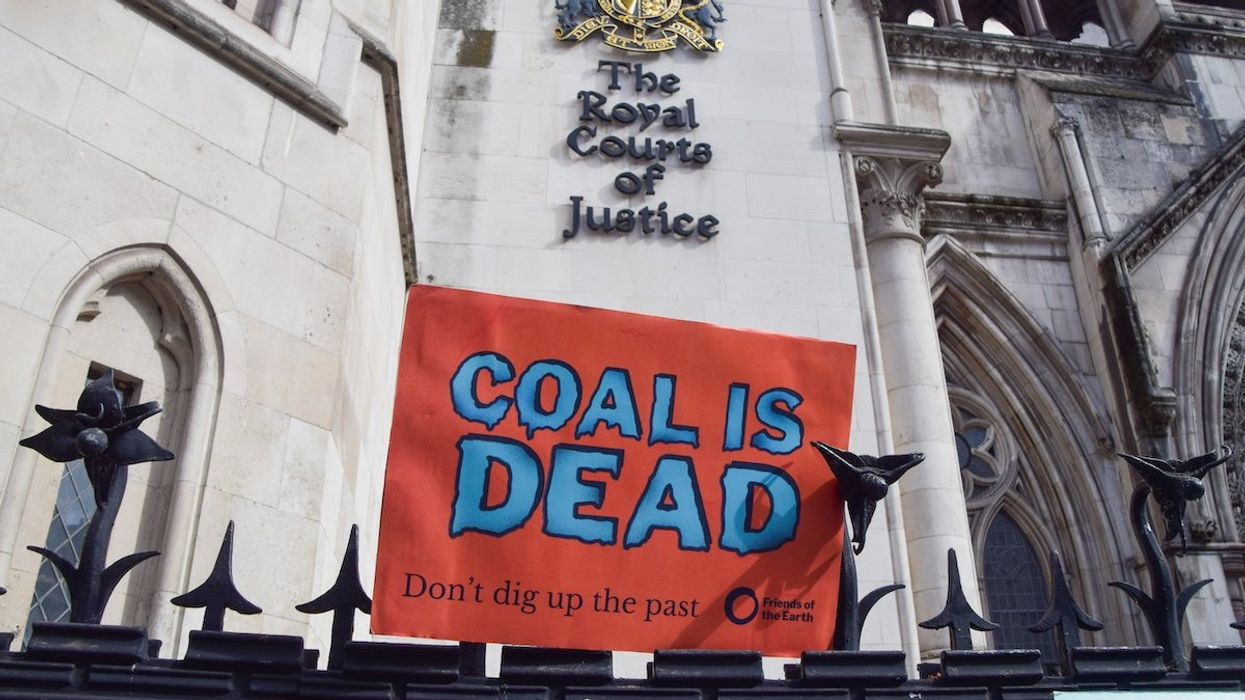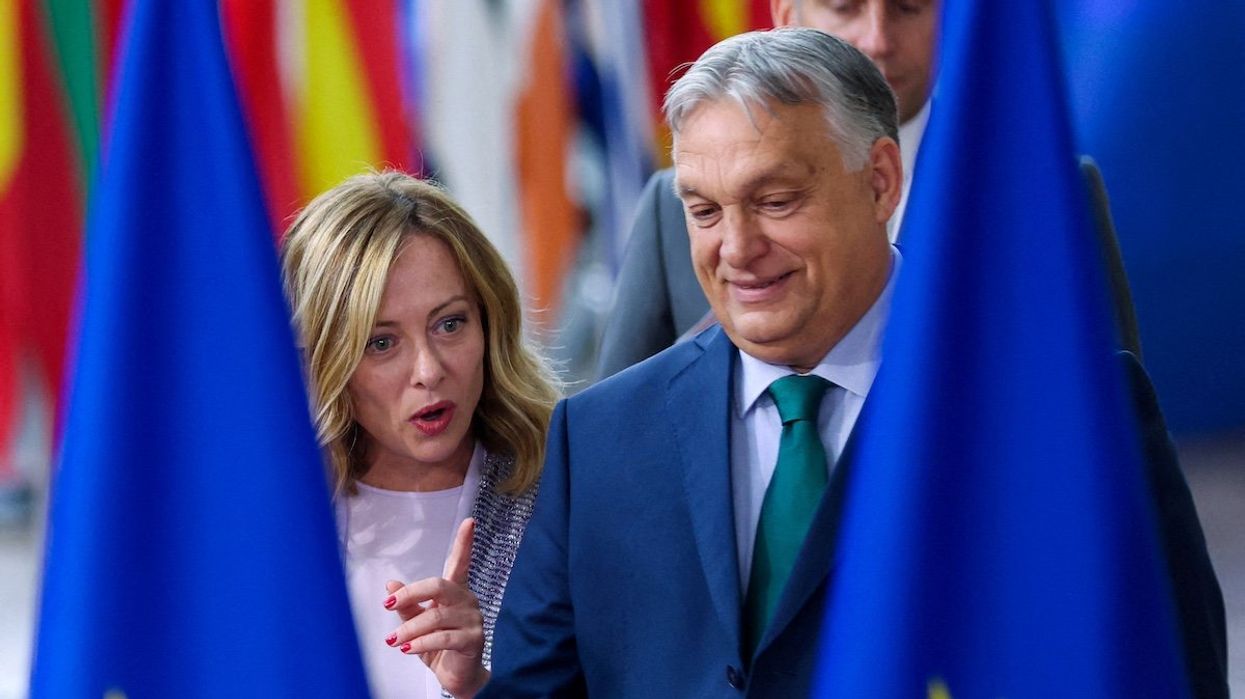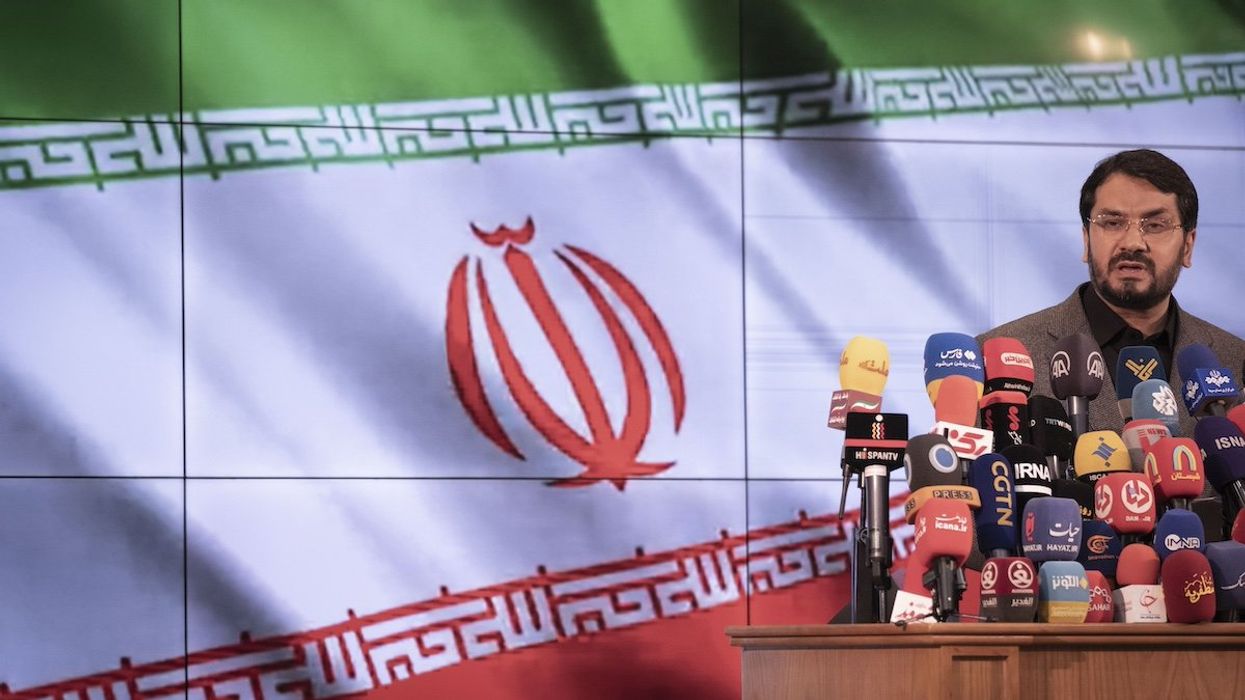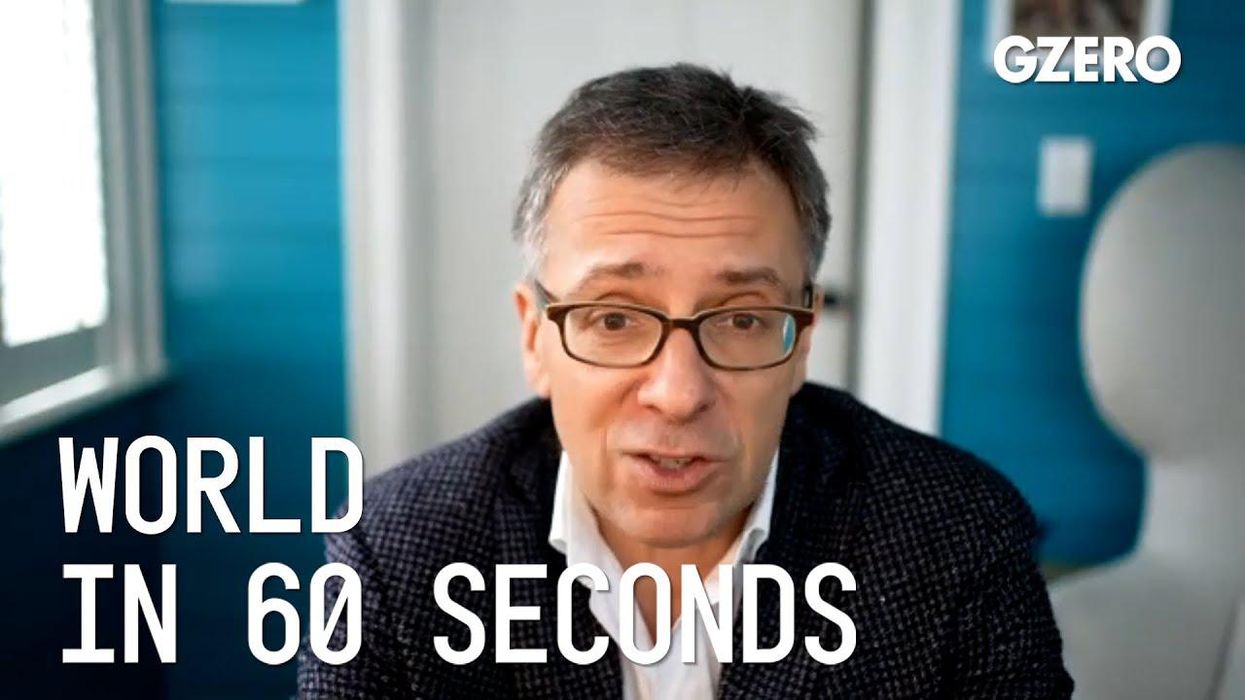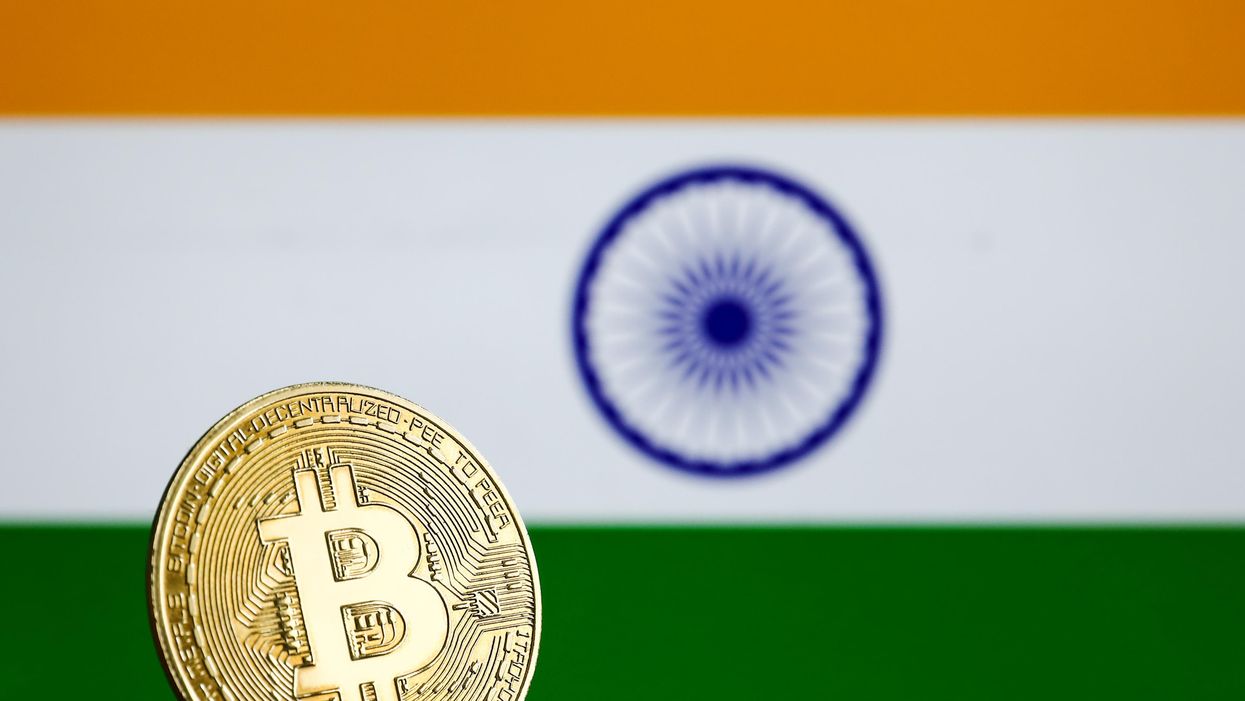What We're Watching
What We’re Watching: School shooting in Austria, Duterte impeachment update, Crapo shoots for the moon
A gunman killed at least nine people at a school in Graz, Austria, on Tuesday, in what appears to be the worst school shooting in the country’s post-war history.
Jun 10, 2025
